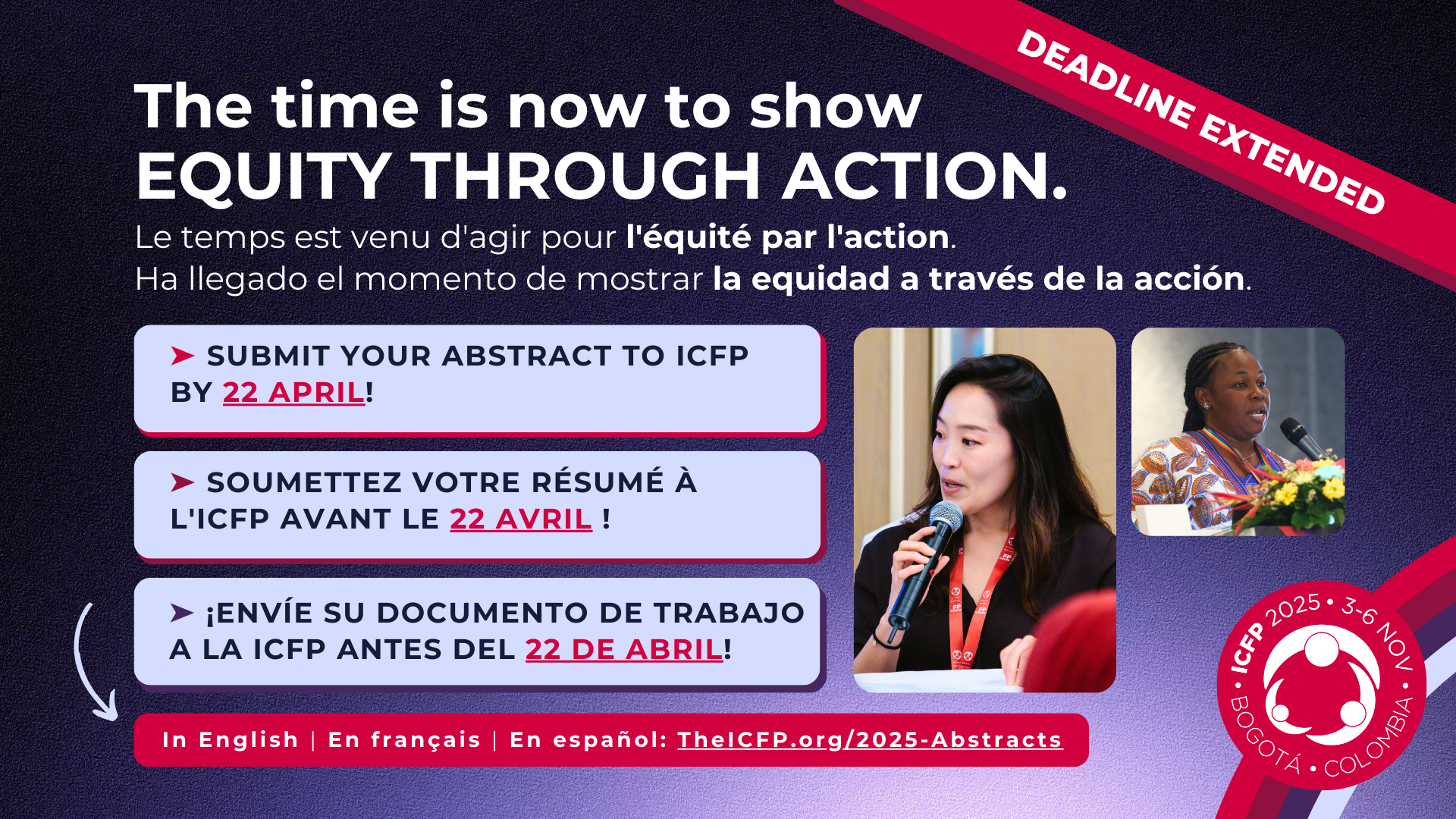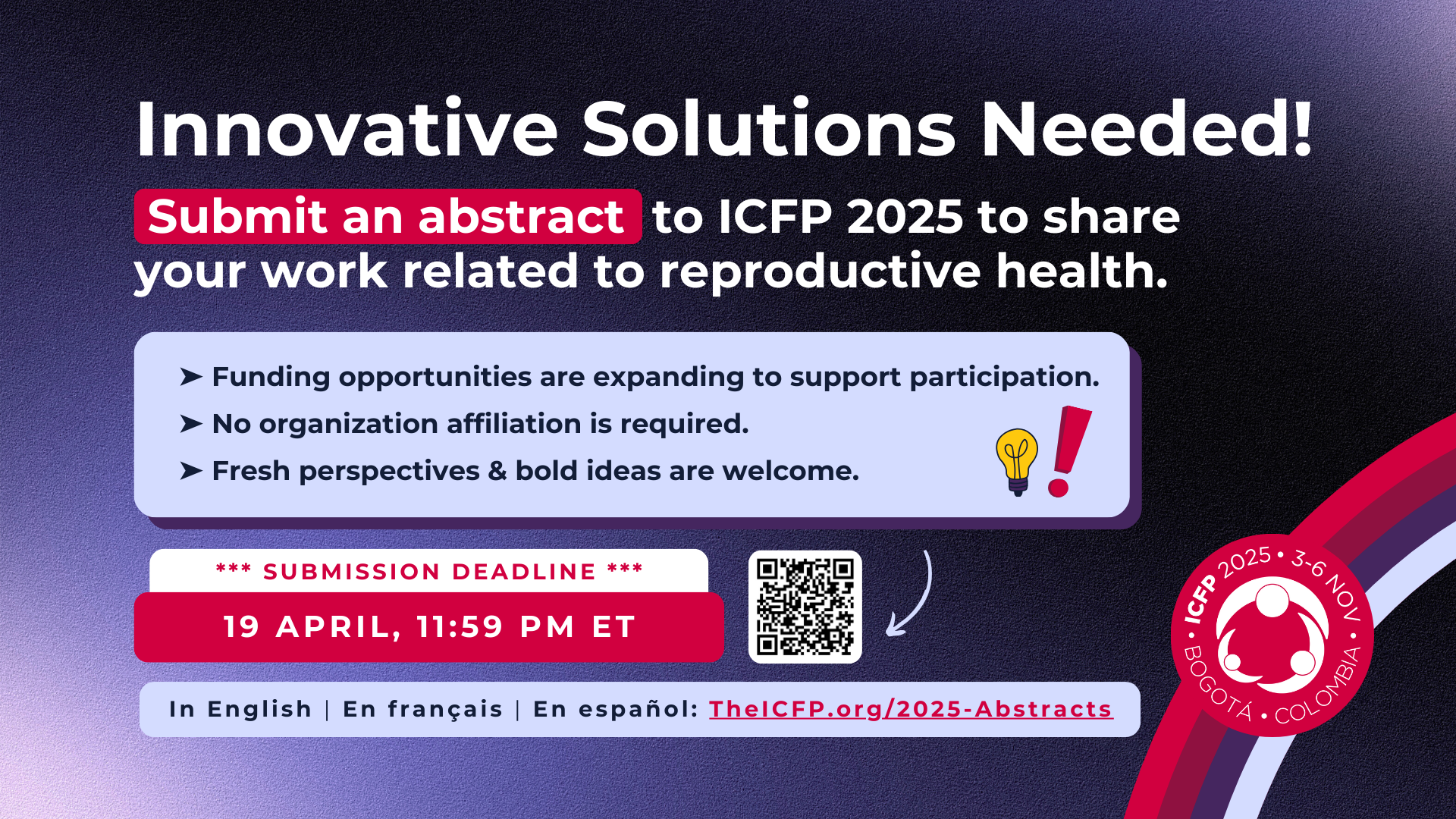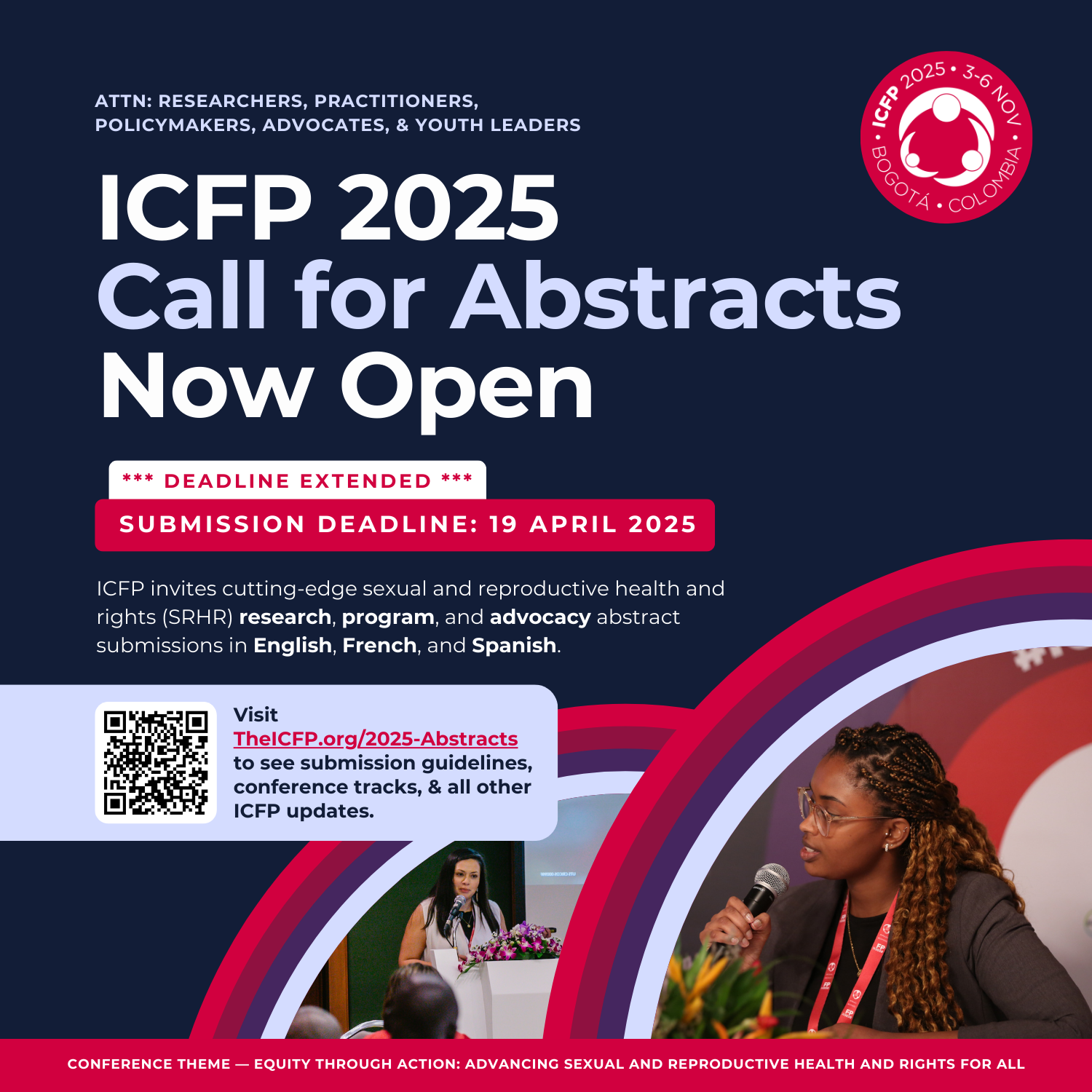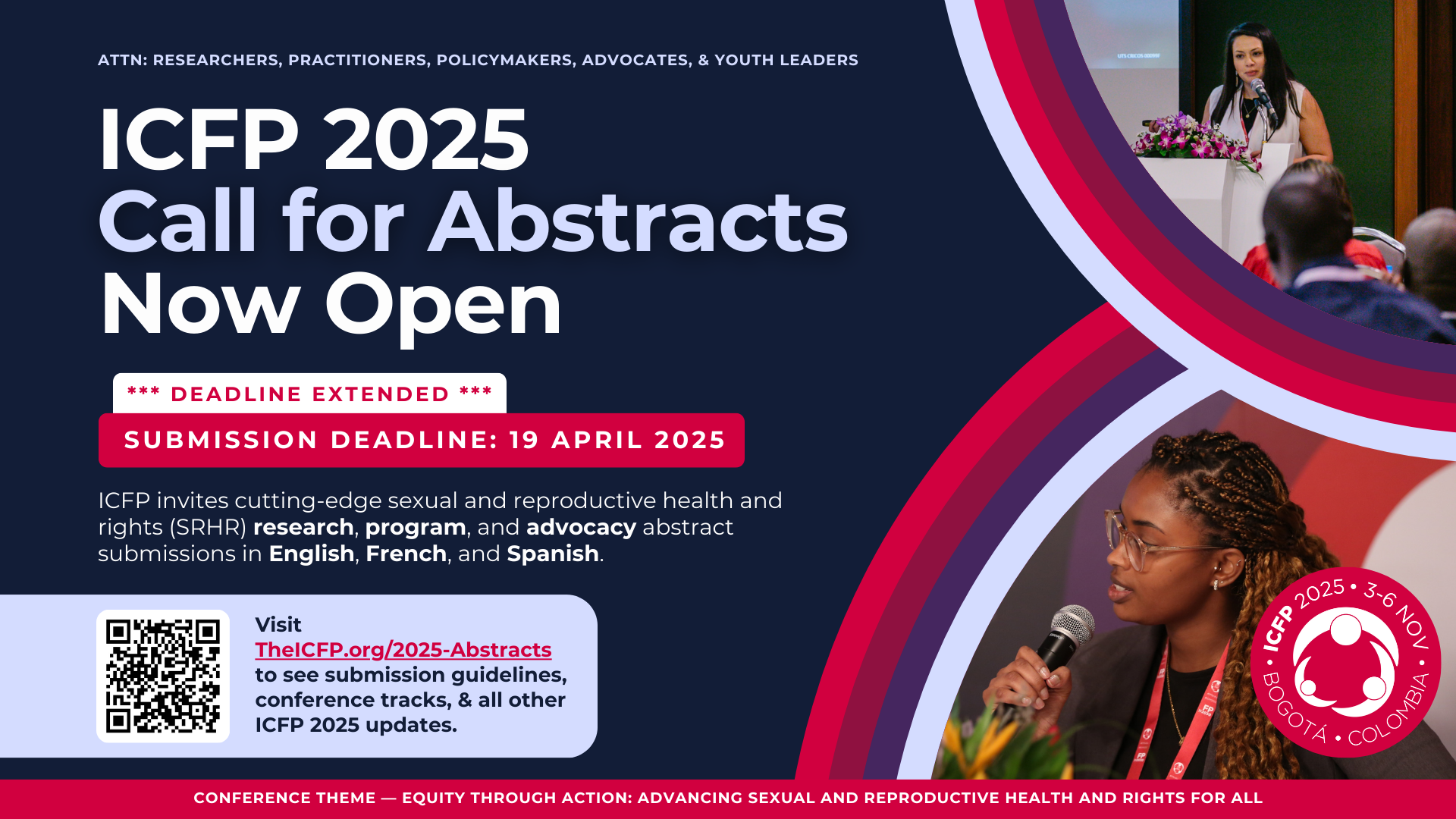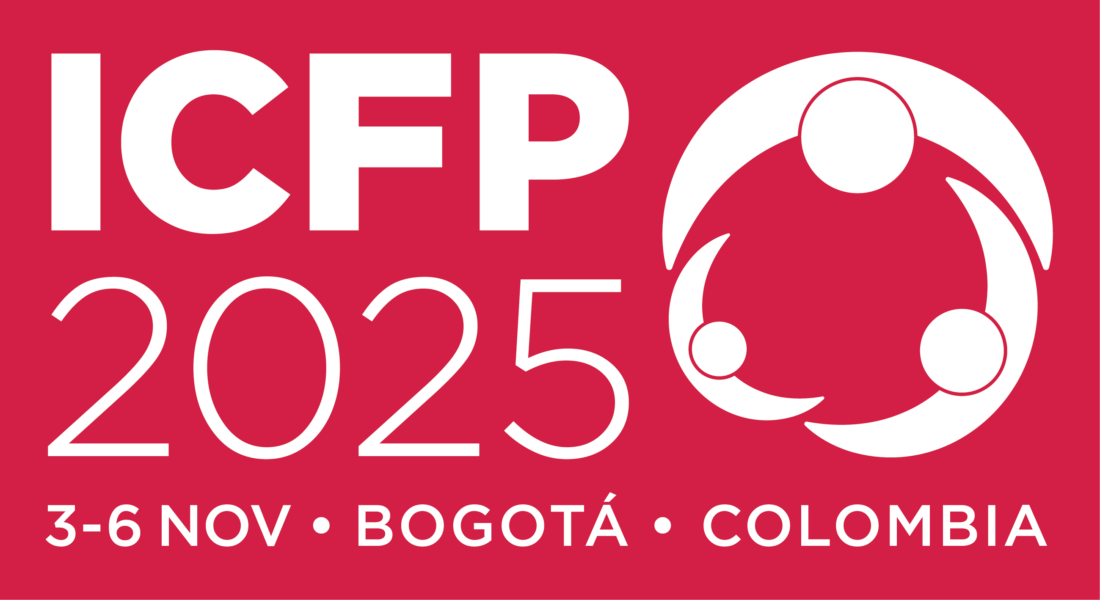GUEST COLUMN:
The David and Lucile Packard Foundation
by Lisa M. DeMaria , Kimberly V. Smith, and Yemane Berhane
In 2013, after a successful launch of FP2020 (now FP2030), ICFP celebrated the progress made toward achieving “Full Access, Full Choice” in Addis Ababa, Ethiopia. Throughout this earlier ICFP conference, Ethiopia was applauded for its achievements in advancing family planning (FP) and changing the overall sexual and reproductive health and rights (SRHR) context in the country. Over the last two decades, Ethiopia has advanced SRHR through its policies, programs, and commitments. An important effort was made to reflect, document, and share these learnings with the intent of informing and advancing SRHR efforts in Ethiopia, and possibly influence the field at a regional and global level.
A recently published special supplement of BMC’s Reproductive Health journal, guest edited by researchers at Mathematica and Addis Continental Institute of Public Health, explores sexual and reproductive health (SRH) achievements, challenges, and learnings in Ethiopia over the past two decades. Coinciding with the launch of FP2030—a global partnership centered on family planning (FP)—the supplement reflects on progress toward meeting the country’s FP and SRH goals and provides insights to accelerate the achievement of Ethiopia’s Sustainable Development Goals, which include a universal health coverage target.
Published with support from the David and Lucile Packard Foundation, the supplement features 16 research articles and commentaries representing contributions from 70 researchers, practitioners, and policymakers engaged in FP and reproductive health (RH) work in Ethiopia. The guest editors included diverse perspectives, types of evidence, and insights on Ethiopia’s RH context and the way forward, focusing on three main issue areas: (1) FP and contraceptive use, (2) adolescent and youth SRH, and (3) abortion.
The supplement covers two decades of substantial progress on RH and FP. Six times more women were using a modern contraceptive method in 2019 than in 2000 (41 versus 7 percent). The health and well-being of adolescents and youth, particularly girls, is improving as girls today are marrying and bearing children later and using contraceptives at higher rates than girls 20 years ago. In addition, the liberalization of Ethiopia’s abortion law in 2005 has contributed to a decline in maternal mortality.
This supplement explores these gains and their drivers in more detail and identifies some remaining challenges around RH and FP. The articles provide insight into the scope and size of enduring geographic disparities, with urban areas having higher contraceptive use and better RH indicators than rural areas. Across all three issue areas, the authors explore how stigma, gender inequality, and individual and community misconceptions around FP and RH limit women’s agency to make personal decisions about how many children they want and when.
Together, these articles can inform agenda setting for FP, RH, and adolescents in Ethiopia. A launch event for this supplement, held in Addis Ababa on June 14, 2022, provided the opportunity for nearly 250 participants from federal and state-level government, non-governmental and civil society organizations, and donor agencies—along with health care practitioners and academics—to reflect on progress and catalyze momentum and renewed commitments to address Ethiopia’s outstanding SRH needs. In her speech, Ethiopia’s Minister of Health, Dr. Lia Tadesse Gebremedhin, referenced this energy and commitment by saying:
“As we celebrate this achievement of the past 2 decades, my call is to use this to build on the gains and use the evidence to design better interventions, to address the gaps that we still have like the unmet need which is still high in our country, but also to focus on building a resilient system that can respond to emergencies and humanitarian situations.”
Despite impressive gains, more than one in five Ethiopian women still have an unmet need for FP, and Ethiopia must remain committed to its unfinished SRHR agenda to achieve universal access. Factors such as the COVID-19 pandemic, humanitarian crises, and changes in the donor landscape, have impacted areas such as commodity security and quality of service delivery. More work is required to maintain the gains that have been made and to move the country towards achieving universal health coverage and its related FP2030 goals. ICFP 2022’s theme “Family Planning & Universal Health Coverage: Innovate. Collaborate. Accelerate” highlights the need for family planning to be a core component of universal health coverage. ICFP 2022 provides an opportunity for all of us to reflect on how we can make a difference and support universal access to SRHR everywhere.
Photo:
By: MAHEDER HAILESELASSIE TADESE/GETTY IMAGES/IMAGES OF EMPOWERMENT
From left to right: Jimawork, Mimi, Asha, Yasirib, Sultane, and Zulali walk to Buture Health Post for a family planning (FP) discussion. Since 2006, the Ethiopia Public Health Association (EPHA) has been building the capacity of the country’s Health Extension Program and expanding access to quality community-based FP services. EPHA has trained numerous health extension workers in comprehensive FP with an emphasis on IUCD insertion, enabling many women to receive their contraceptive method of choice.
Authors Information:
Lisa M. DeMaria and Kimberly V. Smith
Mathematica, Inc., 600 Alexander Park, Suite 100, Princeton, NJ 08540, USA.
Yemane Berhane
Epidemiology and Public Health, Addis Continental Institute of Public Health, P.O. Box 26751/1000, Addis Ababa, Ethiopia.
Learn more about the David and Lucile Packard Foundation:

